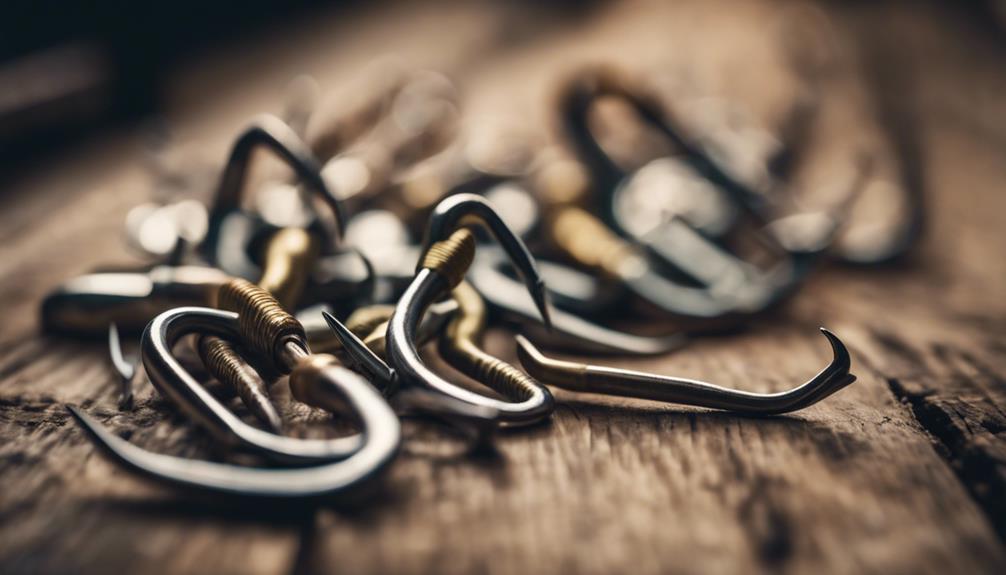Fishing is not just a sport; it’s a beloved pastime for many, offering relaxation, adventure, and a chance to connect with nature. However, to make the most of your fishing experience, it’s crucial to know when fishing seasons start. This comprehensive guide will explore the various factors influencing the start of fishing seasons, the best practices for anglers, and the significance of adhering to these seasonal changes.
Understanding Fishing Seasons
Fishing seasons refer to specific periods during which different species of fish are legally allowed to be caught. These seasons vary significantly based on geographic location, climate, and the specific type of fish. Understanding when fishing seasons start is vital for both recreational and commercial anglers to follow local regulations and protect fish populations.
Fishing regulations are typically put in place by state and federal wildlife agencies to ensure sustainable fishing practices. These regulations often dictate not only when fishing seasons start but also the types of gear that can be used, the size and bag limits, and any special conservation measures that may be in effect. By respecting these regulations, anglers contribute to the health of aquatic ecosystems.
Factors Influencing Fishing Season Start Dates
Fishing season start dates are influenced by a variety of factors. Primarily, the reproductive cycles of fish play a crucial role. Many species spawn in the spring and summer months, making these periods critical for their population growth. For example, bass often spawn when water temperatures reach around 60°F, prompting many states to open bass fishing season around this time.
Additionally, environmental factors such as water temperature, weather conditions, and water levels can affect when fishing seasons start. Warmer temperatures may lead to earlier spawning, while colder winters can delay it. Local wildlife agencies monitor these conditions closely to adjust fishing regulations accordingly, ensuring that fish populations remain healthy.
Regional Variations in Fishing Seasons
Fishing seasons vary significantly based on location. In the United States, for instance, northern states may have later fishing seasons due to prolonged winter conditions, while southern states may open their seasons earlier. For instance, in Florida, freshwater fishing often starts as early as March, while in Minnesota, anglers may have to wait until May to fish for certain species.
It’s essential for anglers to familiarize themselves with the specific regulations in their region. Many state wildlife agencies provide detailed information on their websites regarding fishing seasons, including start and end dates, species-specific regulations, and any special events or programs designed to promote sustainable fishing practices.
The Best Times to Fish During the Season
Once you know when fishing seasons start, the next question is: when is the best time to fish? Generally, early mornings and late afternoons are considered prime fishing times, as fish are more active during these cooler parts of the day. Additionally, during the spawn season, fish are often more aggressive and easier to catch, making this an excellent time for anglers.
Different species have different peak feeding times. For example, catfish tend to feed more actively at night, while trout are often more active during daylight hours. Understanding the behavior of specific fish species can significantly enhance your fishing experience and increase your chances of a successful catch.
Preparing for the Fishing Season
Preparation is key when it comes to fishing. As fishing seasons start, it’s crucial to ensure that you have the right gear and equipment. This includes checking your fishing rod, reel, lines, and lures to ensure they’re in good condition. Depending on the species you plan to target, you may need specific tackle and bait.
Additionally, obtaining the necessary fishing licenses and permits is essential. Many states require anglers to have a valid fishing license, and some species may require special permits. Always check local regulations to ensure you’re compliant with fishing laws to avoid fines and contribute positively to conservation efforts.
Conservation and Responsible Fishing Practices
Understanding when fishing seasons start is not only about regulations but also about conservation. Fishing responsibly means respecting the environment and the fish populations. Catch and release practices are encouraged for certain species, especially those that are threatened or endangered. This helps to maintain healthy fish populations and ensures that future generations can enjoy fishing.
Moreover, anglers should practice ethical fishing by avoiding overfishing and respecting size and bag limits set by local authorities. By following these guidelines, you help support sustainable fishing practices that protect aquatic ecosystems and promote biodiversity.
Staying Informed About Fishing Regulations
Fishing regulations can change frequently, so staying informed is crucial for every angler. Many states have online resources and apps that provide real-time updates on fishing seasons, regulations, and any special events. Joining local fishing clubs or forums can also be beneficial for staying in the loop about fishing conditions, tips, and best practices.
Additionally, subscribing to newsletters from your local wildlife agency or fishing organizations can keep you updated on important changes, upcoming events, and conservation efforts. Engaging with the fishing community can enhance your knowledge and provide opportunities to learn from experienced anglers.
Conclusion: Embrace the Fishing Season
In conclusion, knowing when fishing seasons start is essential for every angler. By understanding the factors that influence these seasons, preparing adequately, and practicing responsible fishing, you can enhance your fishing experience while contributing to conservation efforts. Whether you’re casting your line in a serene lake or navigating the coastline, embracing the fishing season with respect and knowledge will lead to a more fulfilling and enjoyable adventure on the water.
Remember to check local regulations and stay informed about any changes that may come about. Happy fishing!
